A look at this year’s New York Film Festival: Loads of directors, likely fewer A-list actors
Sept. 15, 2023, 5:01 a.m.
A conversation with the festival’s artistic director, Dennis Lim, about what to expect at a star-studded festival in a year of writers' and actors' strikes.
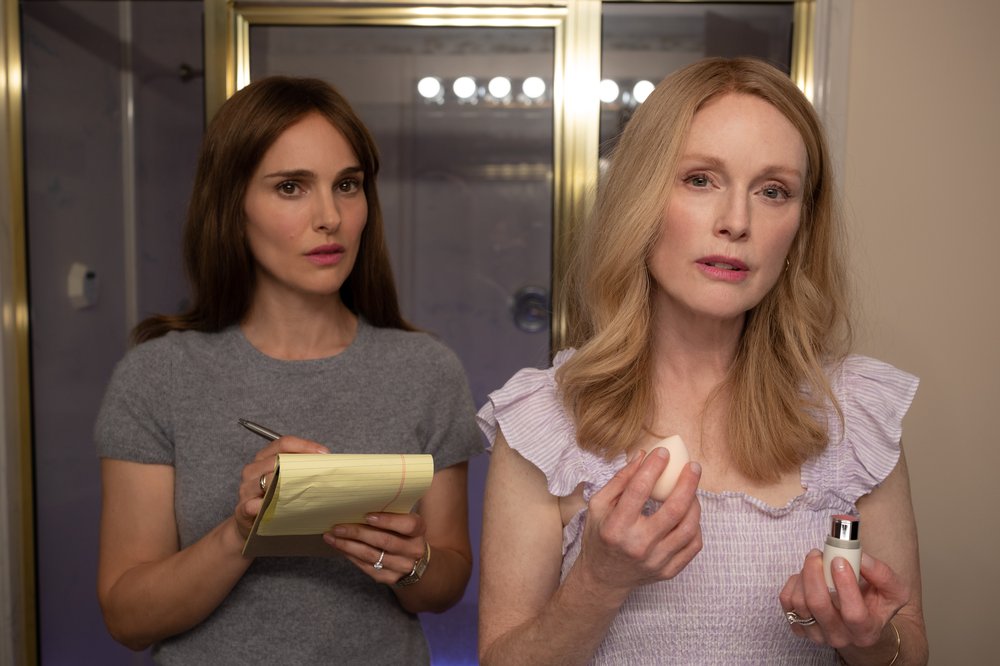
The New York Film Festival returns to Lincoln Center this month, with Todd Haynes’ “May December” on opening night.
While the films showcase A-list acting talent including Emma Stone, Natalie Portman and Julianne Moore, most celebrities are not expected to walk the red carpet due to the ongoing actors' strike, which has shown little sign of progress this year.
Fewer stars appeared at major film festivals earlier this year – including those in Venice and Toronto. Some actors used loopholes and waivers to appear on the red carpet promoting independent films carved out from strike actions.
Instead, festivalgoers saw directors take center stage. Here again, the New York Film Festival has some luminous names, from Sofia Coppola and Michael Mann to Yorgos Lanthimos.
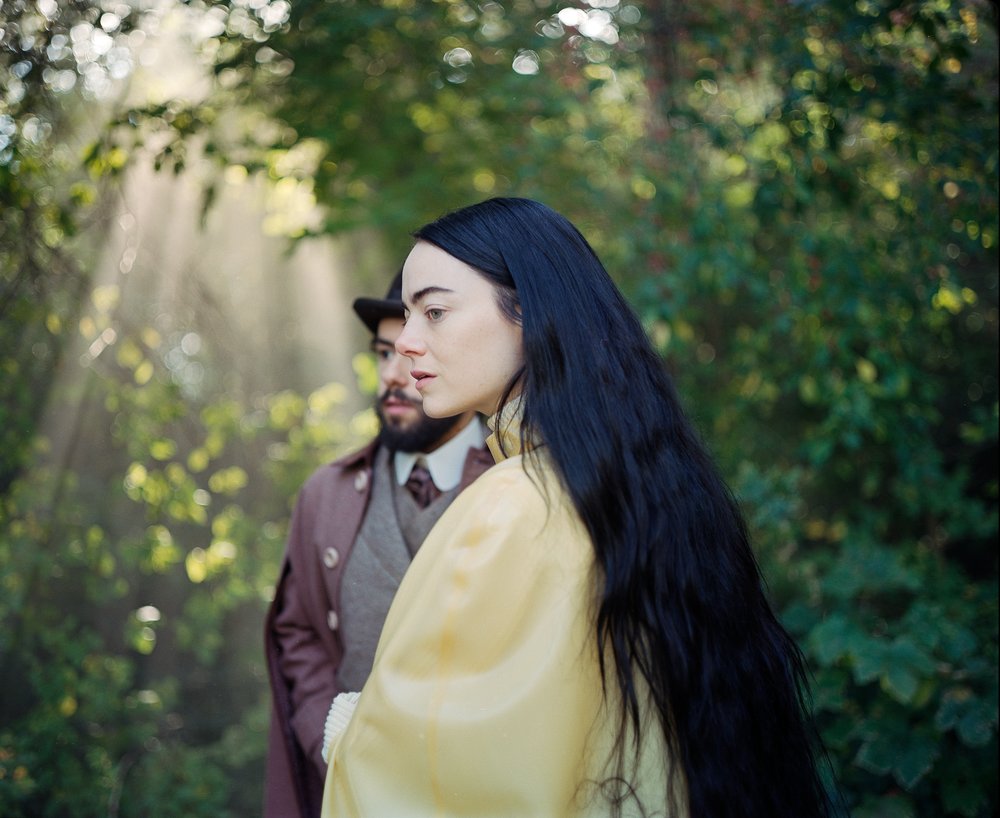
Ahead of the festival’s opening on Sept. 29, Gothamist and WNYC’s Ryan Kailath caught up with the festival’s artistic director, Dennis Lim, to discuss the selections, the impact of the actor’s strike on the red carpet, and why they keep allowing audience questions.
Their conversation has been edited for length and clarity.
Kailath: The lineup is incredible this year. Scrolling through, it’s just name after recognizable name, even to a minor league film fan like me.
Lim: I’m really happy with our galas, our highest profile events. We have Todd Haynes’ “May December” as opening night, Sofia Coppola’s “Priscilla” as centerpiece, and Michael Mann’s “Ferrari” as our closing night. They’re all filmmakers of different generations that make very different types of films, but they’ve shown they’re capable of working with big budgets and big resources while retaining a singular point of view.
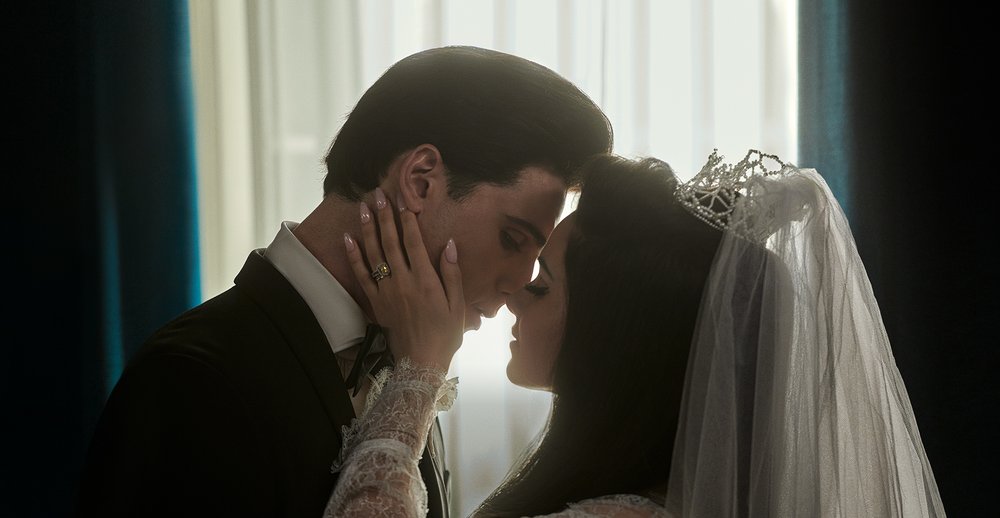
This year seems especially star-studded from a director standpoint.
All the directors will be in attendance. We’ve always been a filmmaker’s festival, where what's most important is the art of cinema and the vision of the filmmaker. Covering the year in cinema has stayed the core of the festival's mission.
A lot of festivals have a marketplace that's basically as important as the program. There are people who won’t even see films necessarily, they'll just be there to buy and sell. There are literal booths where people are making deals and just selling their wares.
Whereas when we invite the films, maybe two-thirds of them already have distribution. And then, I'm pretty proud to say, by the time the festival rolls around, or right after, I’d say 100% of the films have distribution. So in that sense, [NYFF] is meaningful as a market for world cinema, even if it’s not within the market structure, necessarily.
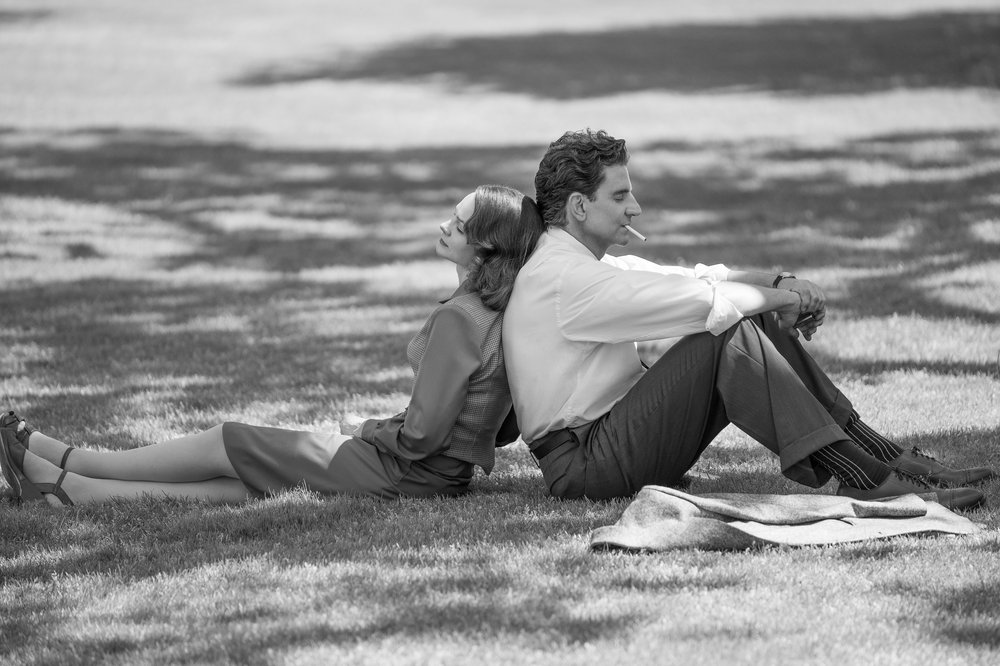
We've been talking about this year as a heavyweight director’s festival. Is that lucky in that you can't really have stars promoting their films [due to the actors’ strike]?
If the strike is still on, no doubt there will be fewer red carpets, or fewer people on the red carpets. There are certain films, independent productions, that have secured waivers for the actors to promote them. We're in the process of figuring that out.
We really look at not just the entire year in cinema, but the entire world. The lineup is pretty international. We have films from Europe and Latin America and Asia. And in terms of films that are affected by the strike, I would say, maybe 20%-25% of our lineup is American, and fewer than half of those films are productions of struck companies, the big studios and streamers.
I do think it's unfortunate that we won't be able to celebrate certain films. Todd Haynes’ “May December” is an incredible actor's showcase, with these stunning performances by Julianne Moore and Natalie Portman, and an incredible breakout performance by this young actor, Charles Melton. If the strike is still on, we will be showing that film without the actors present. It would be a shame.
Though I do think the most important thing about a film festival is not the red carpet that leads into the cinema, it's what happens inside the cinema.
As an audience member, I dread the audience Q&A.
You should ask the questions then.
Lol. Why does it persist?
I do think that the discussion around the film is a big part of what film festivals are about. You can read the temperature of the room based on the questions. But I hear what you're saying. I’ve certainly seen a fair share of questions just go off the rails. As moderators, knowing how to manage that is part of our jobs too.
I also think that bad questions can produce good answers.
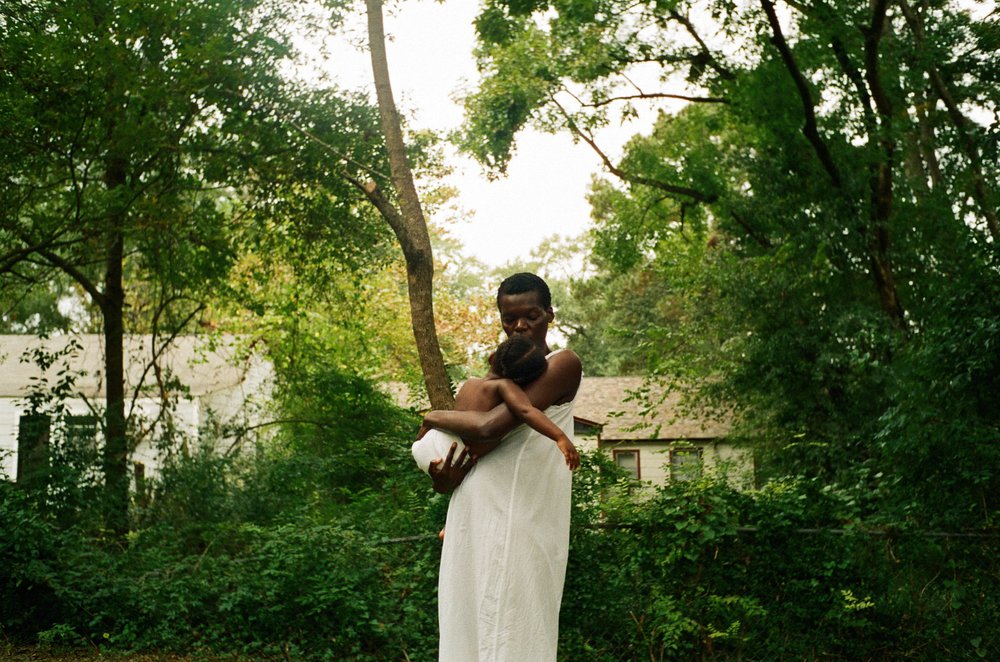
Very diplomatically done. What else are you excited about this year?
I'm really happy with the four first time features we have. In selection we primarily think about the film in question, but sometimes we consider a filmmaker's body of work. And in this case, there is no body of work other than the film we're watching. So it's a special case when we put a first-time filmmaker in the Main Slate. It’s like a statement of faith that this person will go on to make interesting work.
One is Raven Jackson's “All Dirt Roads Taste of Salt,” which was one of the strongest films from Sundance this year.
Also Annie Baker's film, “Janet Planet.” Annie will be very known to many of our viewers, she’s a Pulitzer-winning playwright with a new play up right now. It's interesting to see an artist like Annie think in a different language. She's not in any way trying to translate her stage work to screen. It's very exciting.
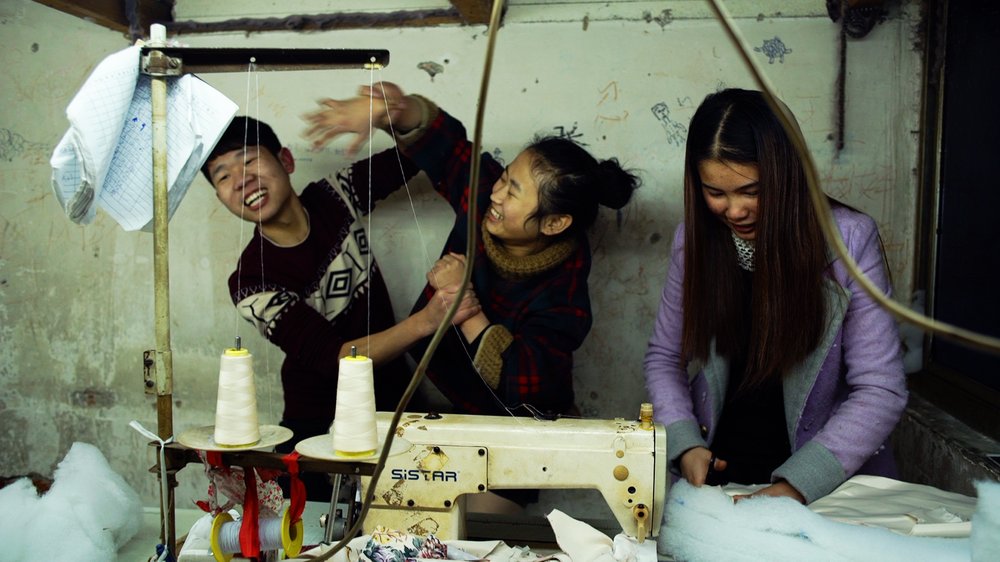
Our shorts program — which used to lean experimental — is the place to discover filmmakers. Ari Aster had a short film in the festival more than a decade ago. If you're interested in the new, the vanguard, the Currents section is definitely something to browse and to take a chance on.
Oh and one of our shorts, “Pier Paolo Pasolini – Agnès Varda – New York – 1967.” is a film that was discovered and restored by Agnès Varda’s daughter, Rosalie, after her passing.
Do you know how it was discovered? Did she just find it in a box?
I think it was basically found in a box. What was so striking and moving to me about this film was that it was shot during Agnes's trip to New York for the fourth New York Film Festival [in 1966], and it was her shooting Pier Paolo Pasolini, who was in the festival that year as well. And it's just these beautiful images of Pasolini walking through Midtown and the soundtrack is a conversation that the two of them are having about cinema and faith and reality.
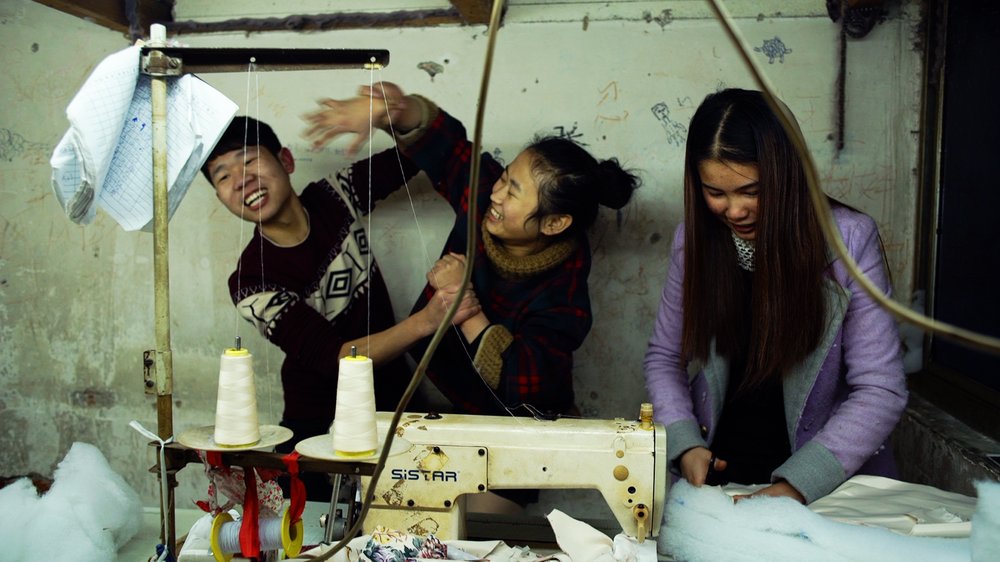
How often do you get to go to a movie just because you want to?
There’s a busy period in the summer where everything I'm doing is work-related. And for a few weeks after the festival, a full detox from moving images is necessary. But after the festival I’m as much of a regular moviegoer as most people.
Any final thoughts on this year’s festival?
Everybody thinks it's hard to get tickets. It's not that hard to get tickets. They're finite, obviously. But we do our best to get people in off standby lines. We have this thing called an Express Pass this year, which is a cool experiment where if you buy this pass, you can jump to the front of the standby line. And you can also get into any rush screening that isn't full, for free.
Of course, now everybody’s going to go online and see that “Poor Things” is sold out and get mad at me. And you.
General public tickets will go on sale Tuesday, Sept. 19 at noon. Keep track of all available tickets at filmlinc.org/tix, including screenings eligible for first-come, first-served standby tickets and discounted $15 Rush tickets.